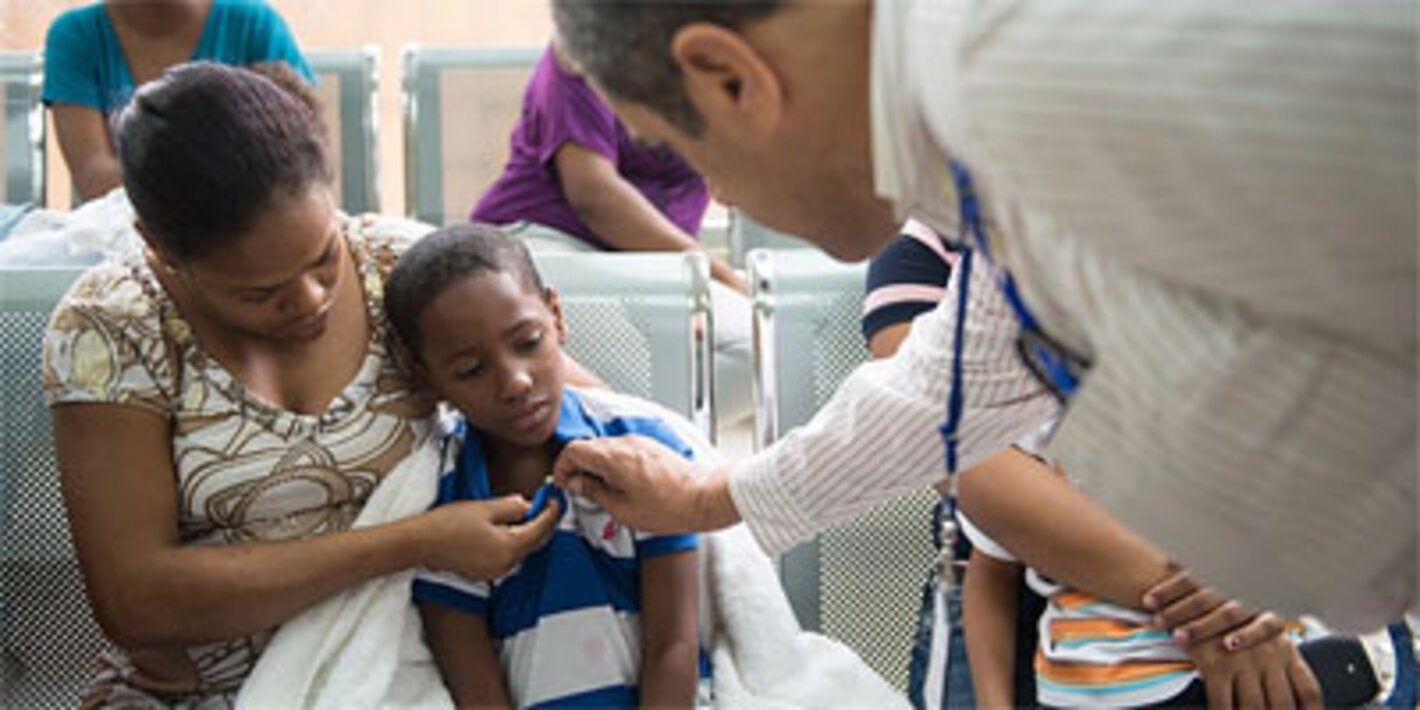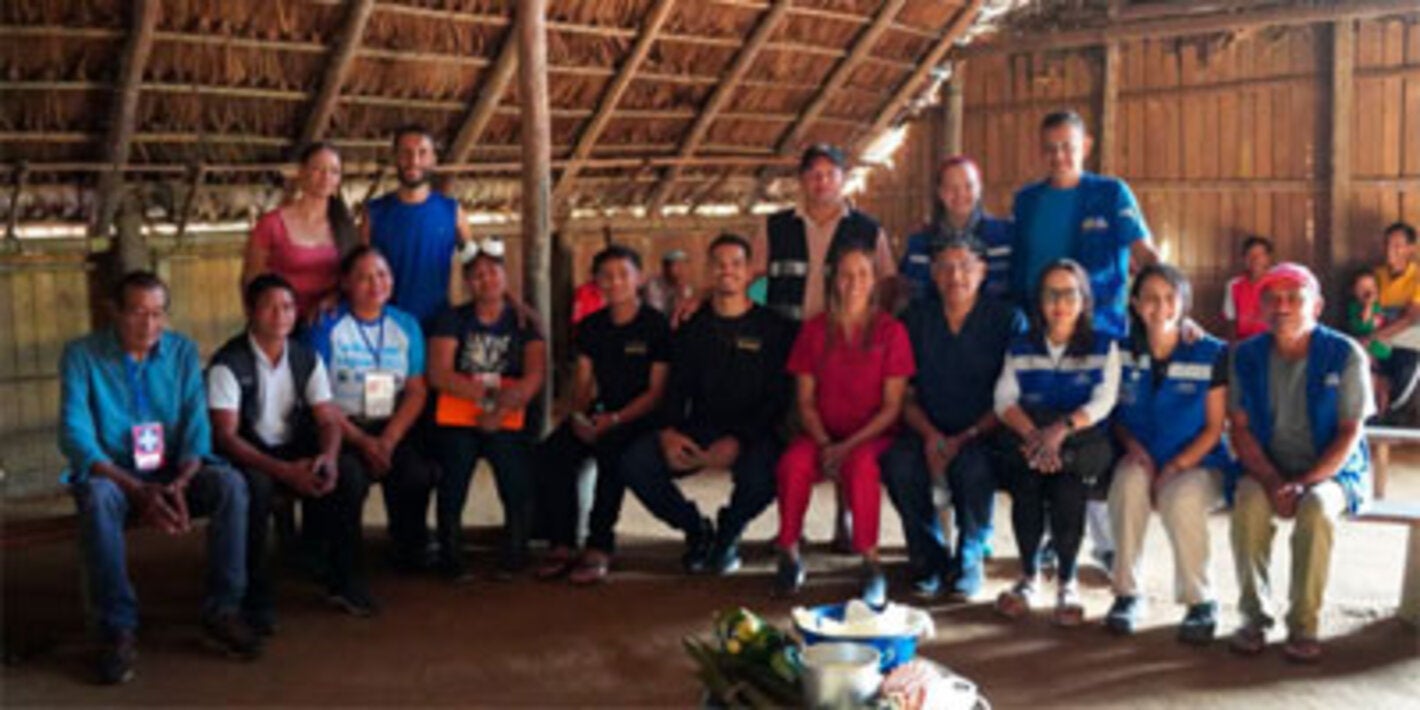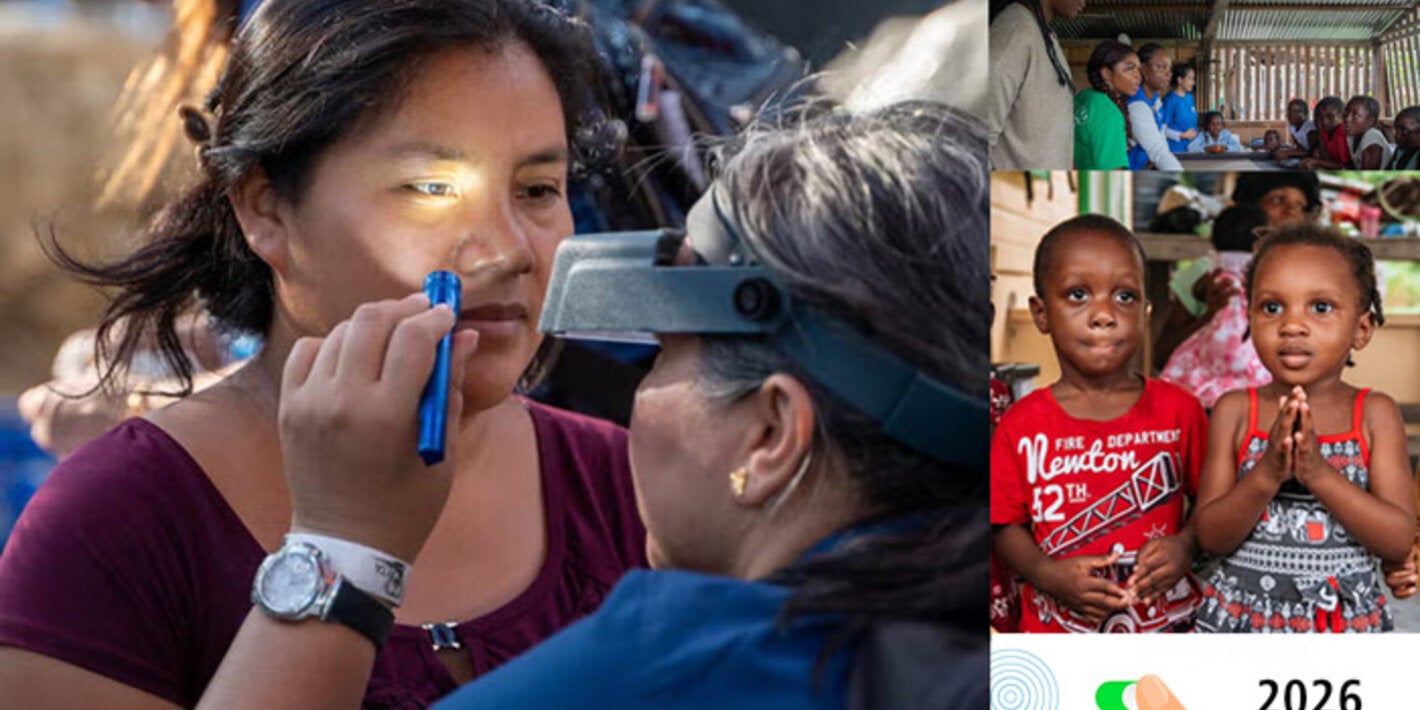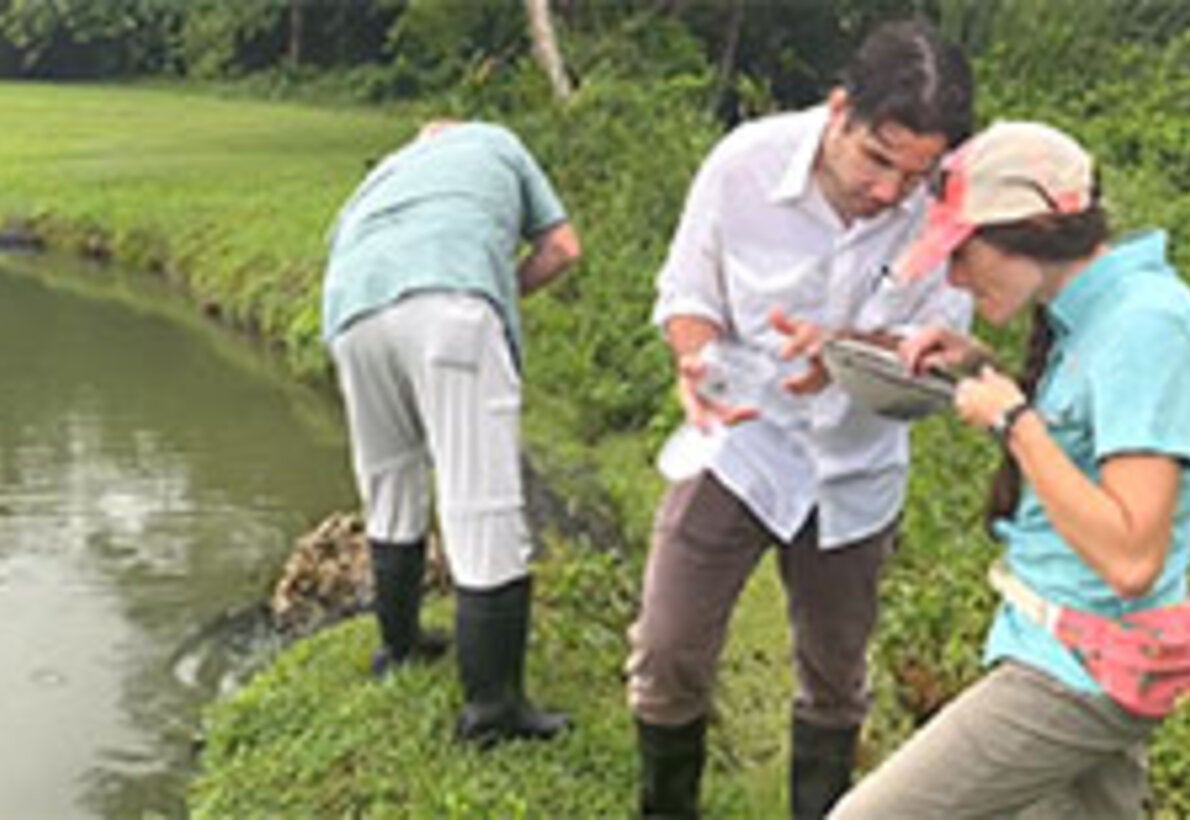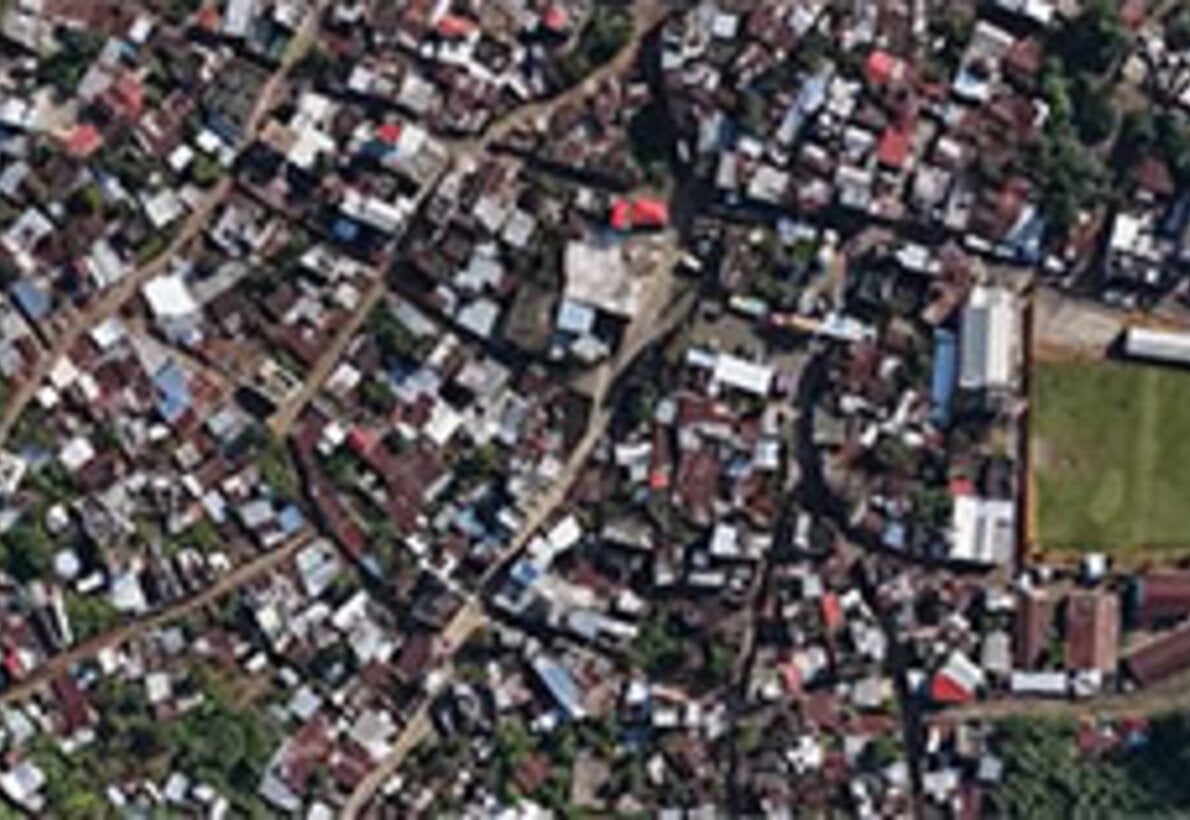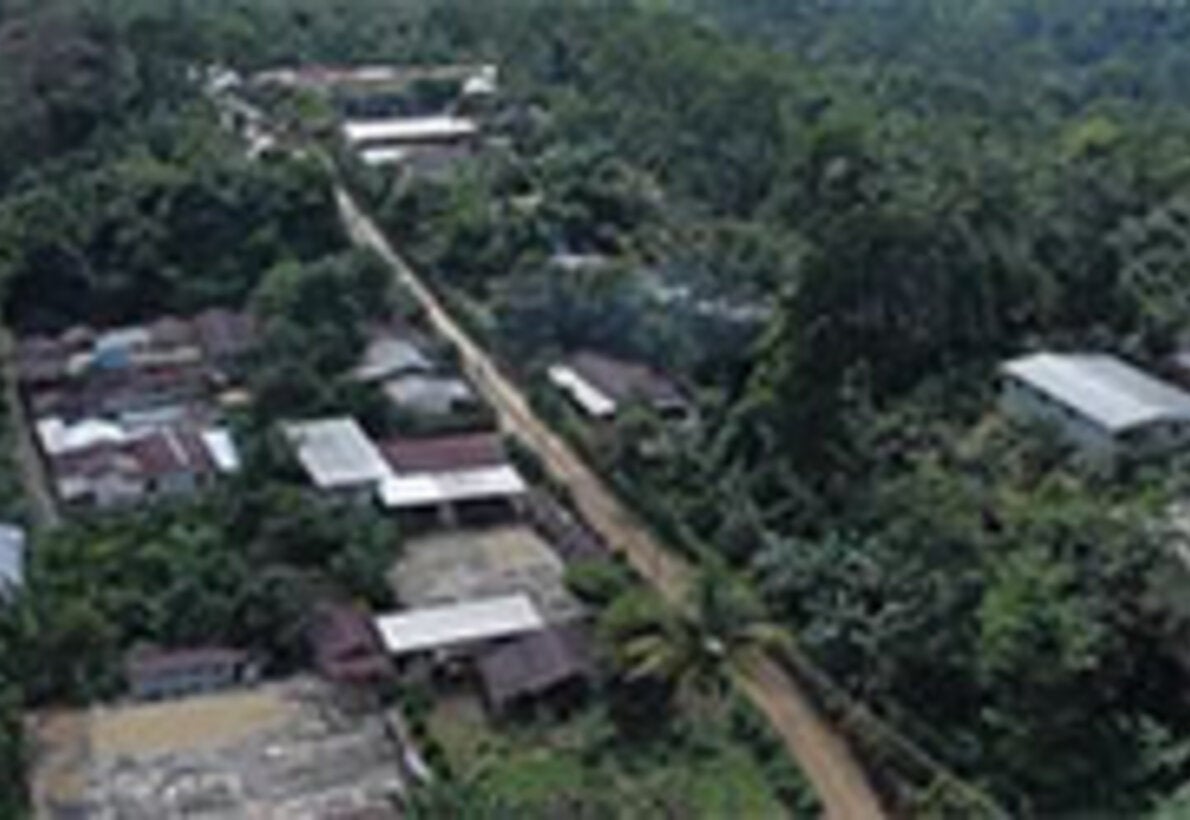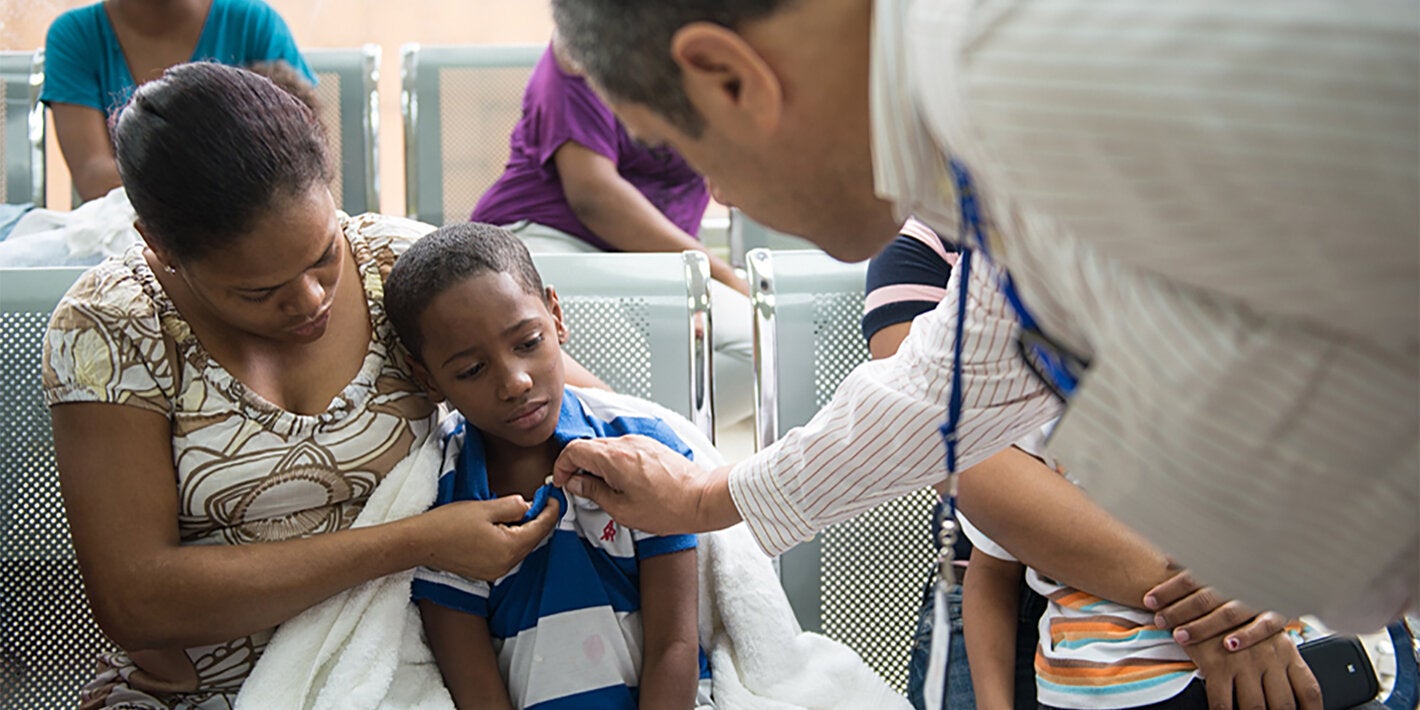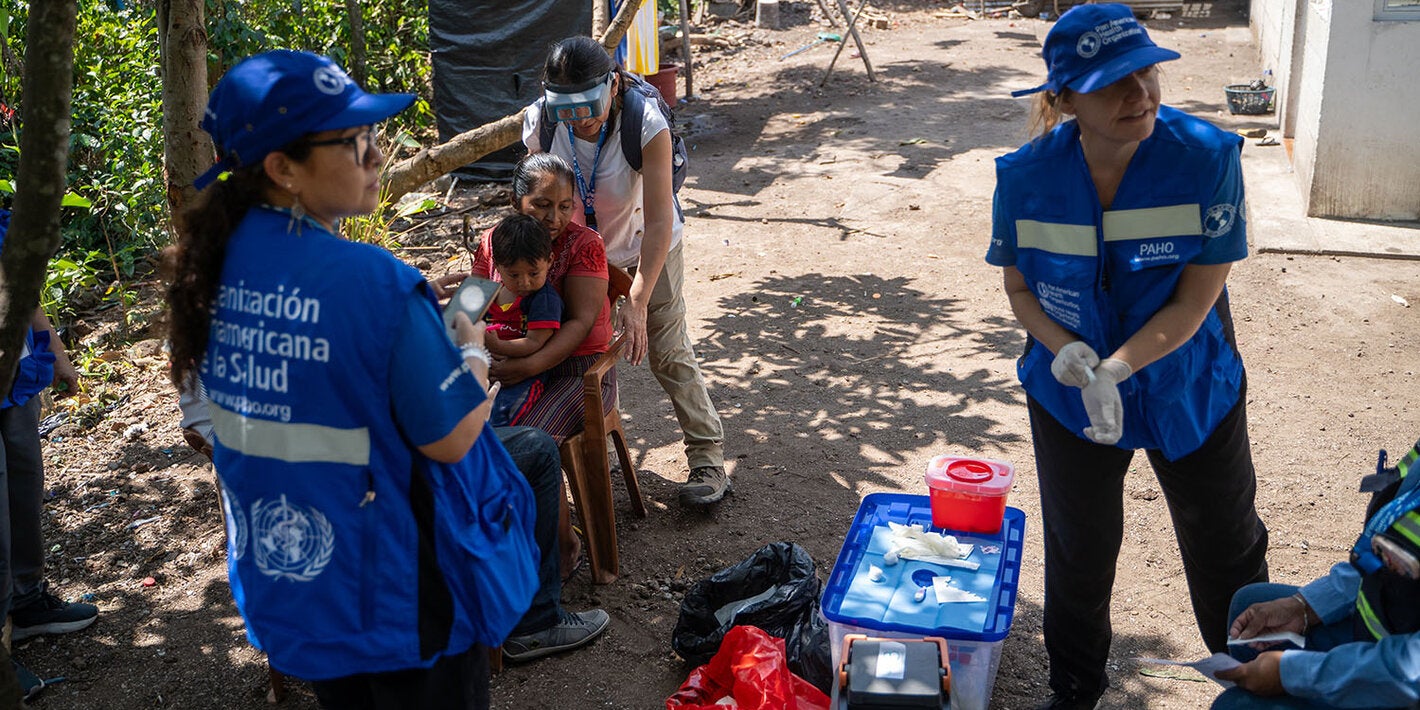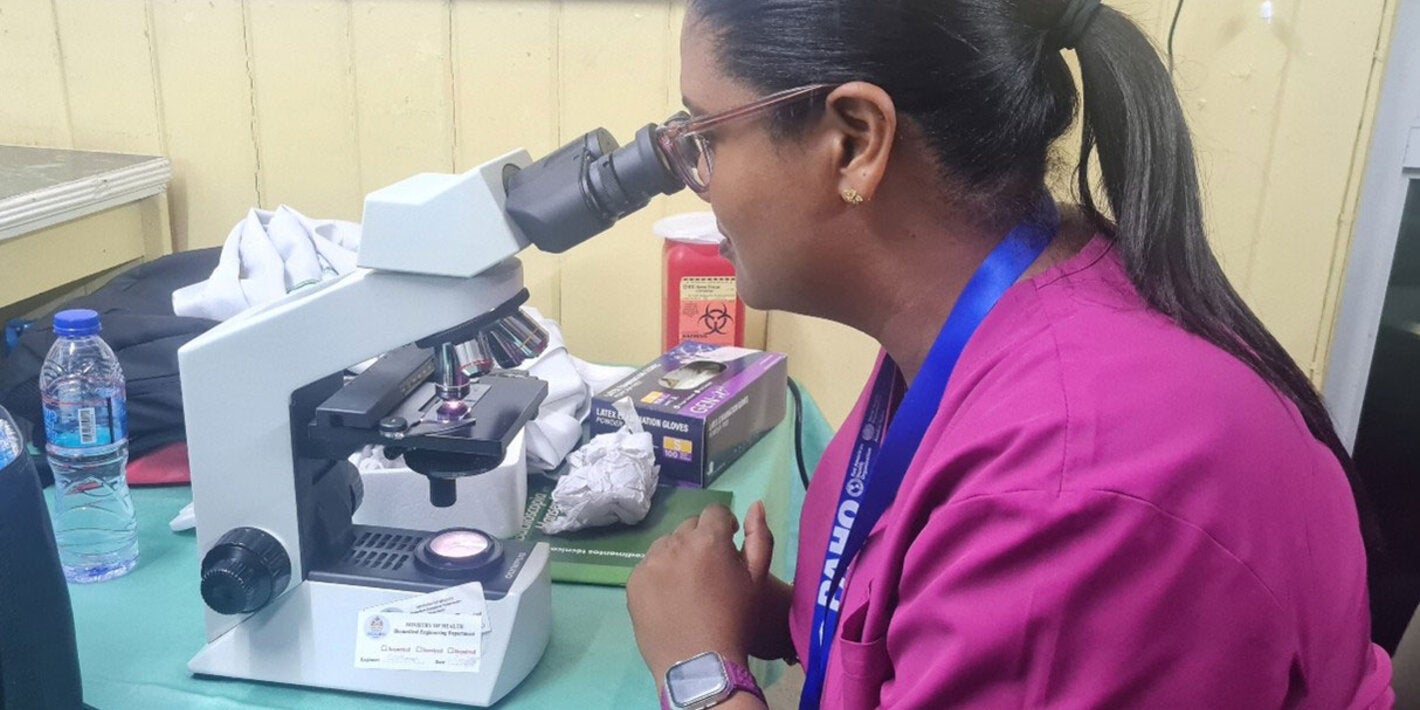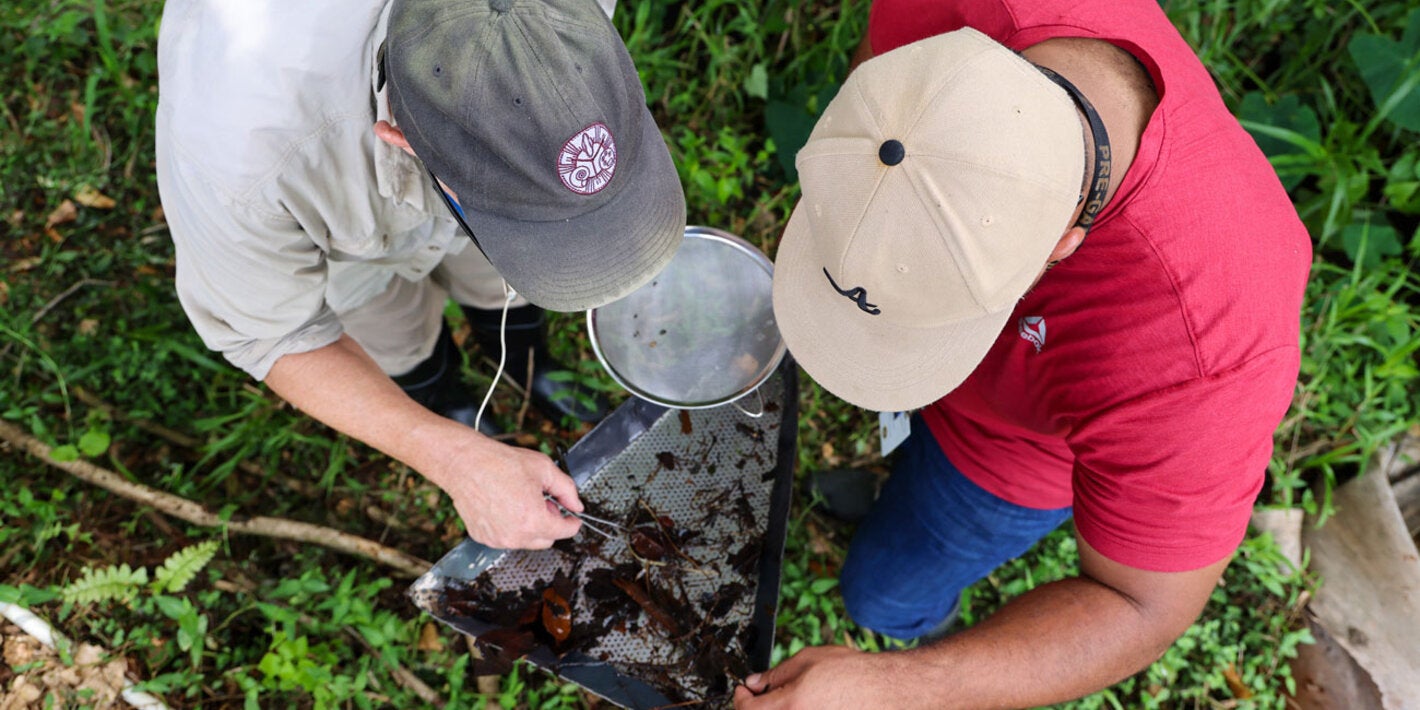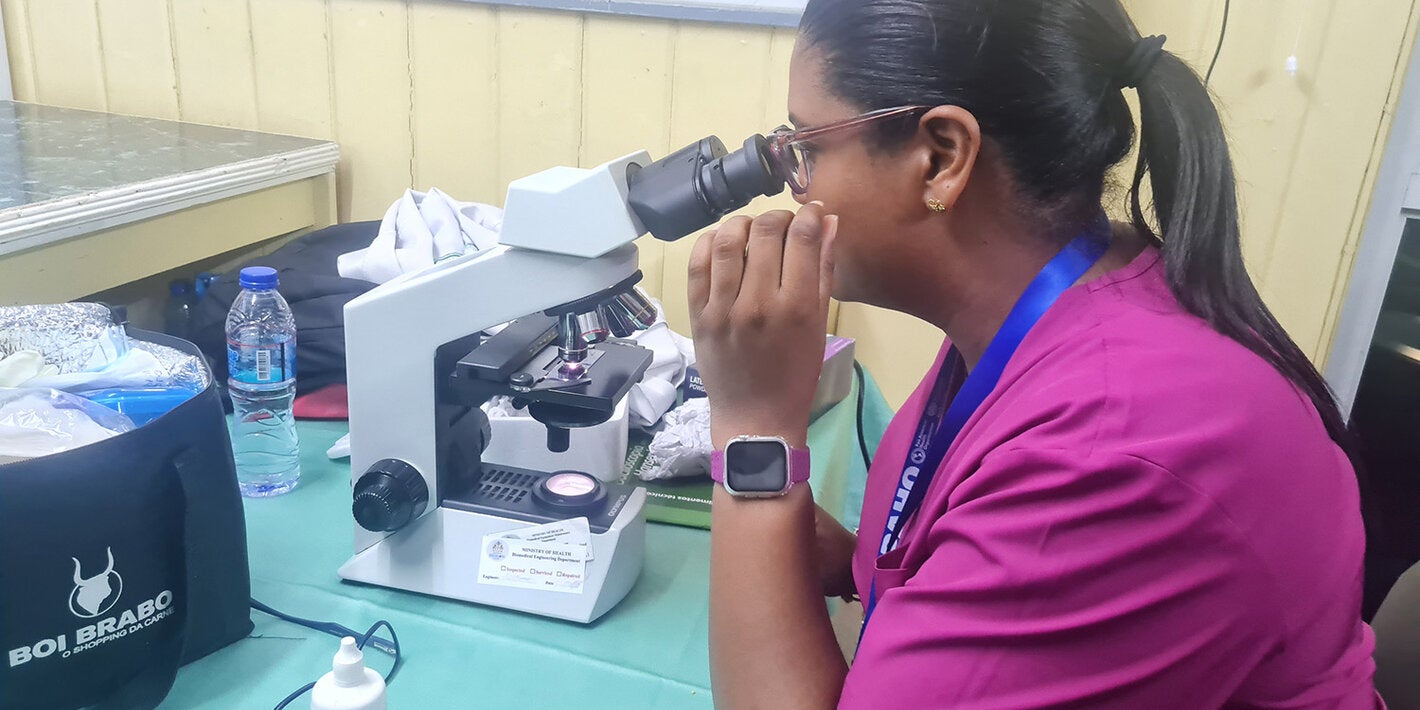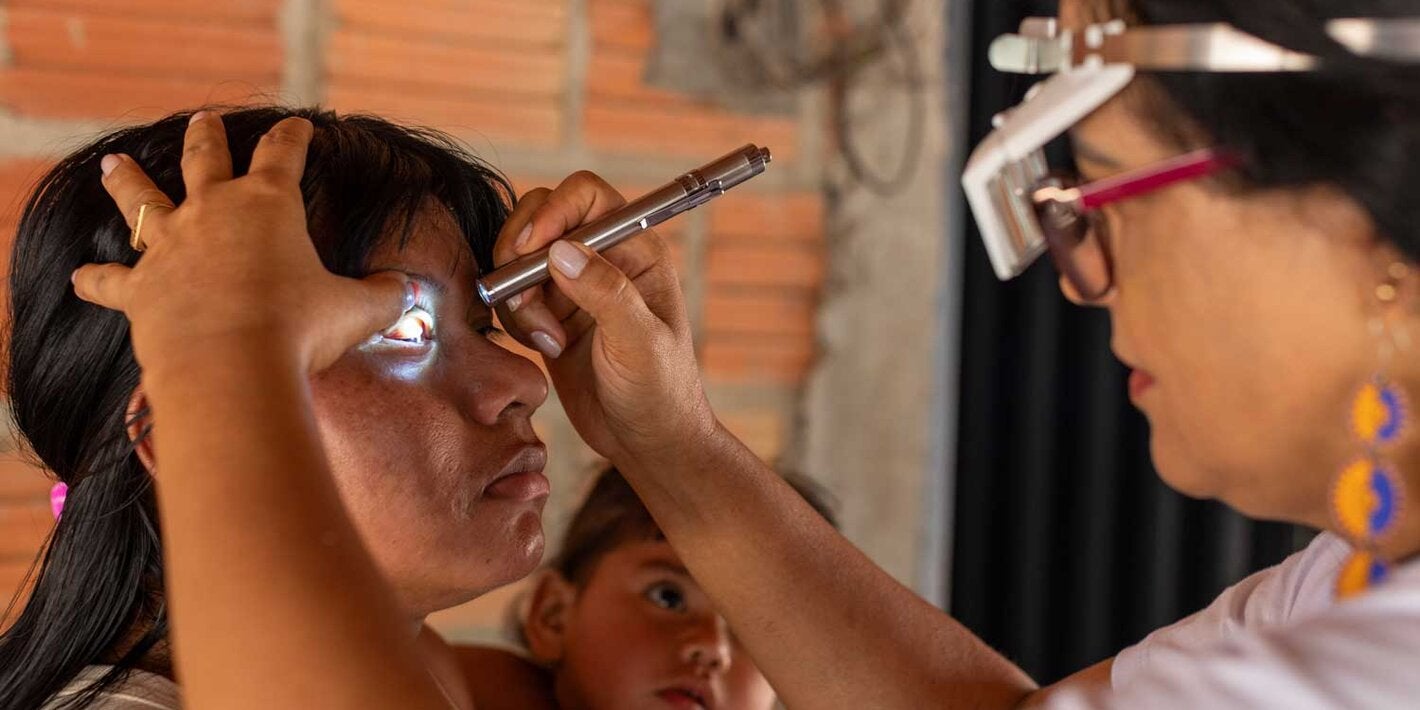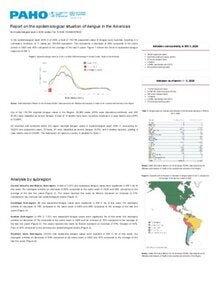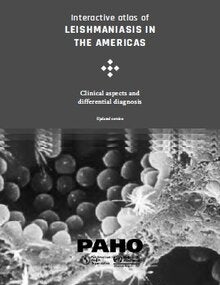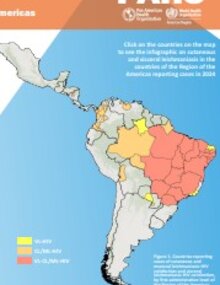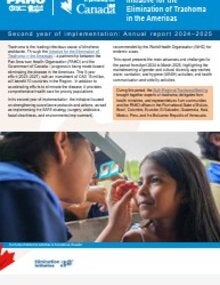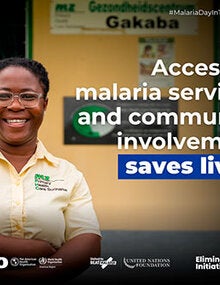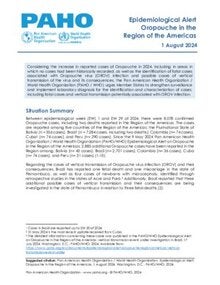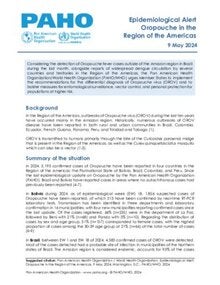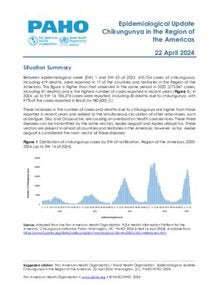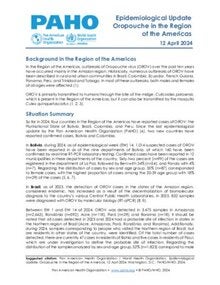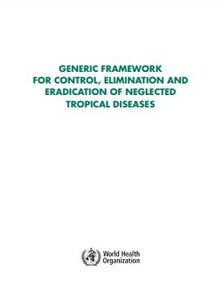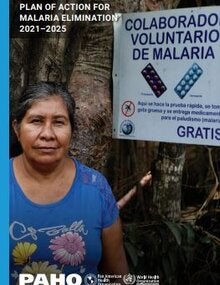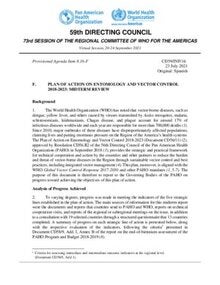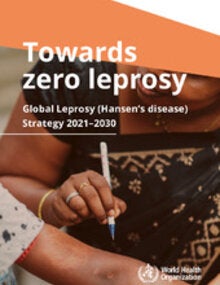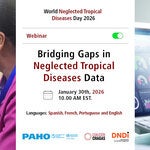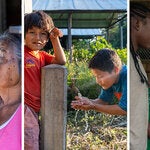Neglected ('forgotten') diseases and vector-borne diseases are a set of infectious diseases, that primarily affect the most vulnerable populations. These populations include those with the least access to health services, especially impoverished people living in remote rural areas and urban shantytowns, although some of these diseases, such as dengue, zika and chikungunya, also affect large urban areas.
Dealing with these poverty-related diseases requires a more integrated and multi-disease approach that includes multisectoral action, piggy-backed initiatives, and cost-effective interventions to reduce the negative impacts that these diseases have on the health, social, and economic well-being of all people in the Americas.
- Strengthen national capabilities to implement effective preventive, therapeutic and control programs that are technically feasible, economically viable, and socially acceptable.
- Promote the development of the infrastructure of clinical and laboratory field operations, including epidemiological analysis, surveillance systems, vector biology, control activities, and operational research to reduce the burden caused by communicable diseases in the Region.
- Strengthen national capacities for managing information; human and material resources to prevent, control and eliminate tropical diseases, infectious diseases, emerging and re-emerging diseases; and foster operational research for the control of communicable diseases.
- Strengthen national and local capabilities to detect and analyze changes in the frequency and distribution of common, new emerging and reemerging infectious diseases.
- Implement proper prevention and control activities.
- Support member countries in the process of elimination of leprosy, onchocerciasis, and trypanosomiasis or Chagas disease.
- Collaborate with the Regional efforts to control blood transfusion-transmitted infectious agents.
- Implement the Global Malaria Control Strategy based on administrative and programmatic integration of specialized services into the local level.
- Foster the development of applied research in support of prevention and control activities.
Resource Mobilization
- Develop strategies and lines of action to mobilize resources.
- Promote and support collaboration between the public and non-governmental sectors with national, international and other development agencies to mobilize resources for the prevention and control of communicable diseases.
- Cooperate with different partners to strengthen a national infrastructure for disease control.
Training
- Promote and support training activities for the development of human resources at national and local levels, for the establishment of a regional network aimed at disease prevention and control.
- Emphasize epidemiological analysis and development of political and technical interventions for the prevention and control of communicable diseases.
- Carry out training on clinical case management, program management at the local level and use of standard guidelines for prevention and control activities.
Dissemination of Information
- Support data production, collection, and analysis of the determinants and control of communicable diseases.
- Develop basic guidelines relevant to distributing this information.
Promotion of Research
- Promote and coordinate research directed at obtaining information on the status and trends of relevant diseases and their determinants throughout the Region.
- Assign priority to support operational research to evaluate products, strategies, and procedures for the prevention, diagnosis, treatment, and control of communicable diseases.
Policies, Plans, and Guidelines: Aim technical cooperation at meeting international guidelines for the formulation, implementation, and evaluation of national and regional policies and planning programs for the prevention, control and elimination of communicable diseases.
Direct Technical Cooperation: Collaborate with national counterparts in the development, implementation, and management of control/elimination programs at different levels.
Vector Borne Diseases
- Chikungunya
- Dengue
- Malaria
- Oropouche virus disease
- Yellow Fever
- Zika
- Vectors: Integrated management and public health entomology
Neglected tropical diseases
- Chagas disease & Congenital Chagas
- Envenoming from venomous animal bites
- Fascioliasis
- Hydatidosis/Echinococcosis
- Lymphatic filariasis
- Leishmaniasis
- Leprosy
- Mycetoma
- Onchocerciasis
- Rabies
- Scabies and other ectoparasites
- Schistosomiasis
- Soil-transmitted helminthiasis
- Taenia solium taeniasis/cysticercosis
- Trachoma
- Yaws
The Neglected, Tropical and Vector Borne Diseases Unit, part of the Department of Communicable Diseases and Environmental Determinants of Health (AD/CDE), is the group inside PAHO assigned to the area of infectious disease, surveillance, prevention, and control.



